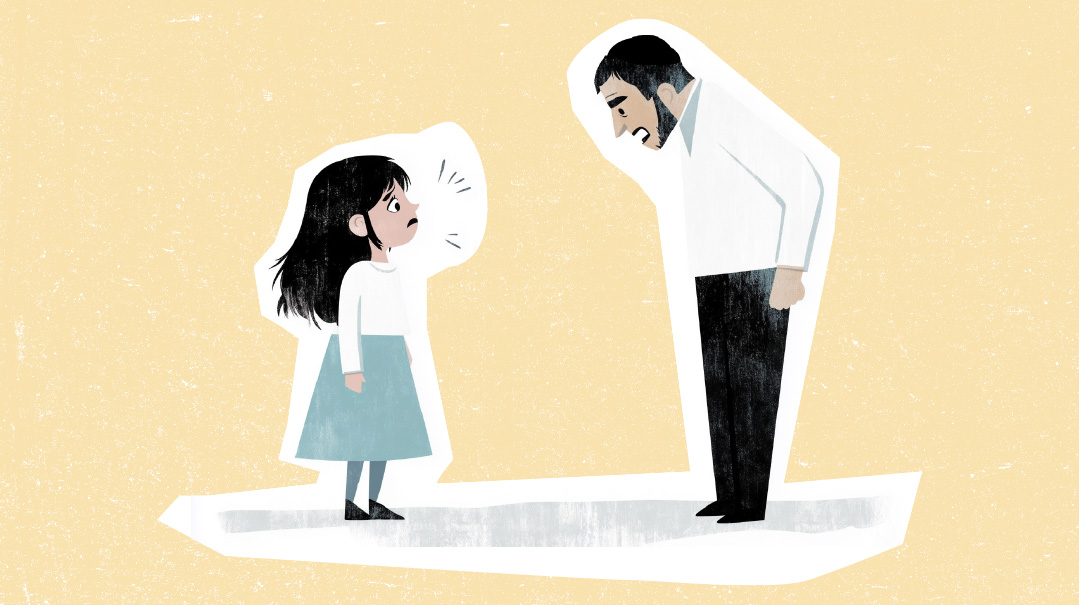How Do I Help My Son Regulate His Emotions?

Helping your child become more “emotionally intelligent
One of my children is very emotional. He’s often consumed by his feelings, be they happy, sad, mad, or anxious. I know that it’s very important to validate him, but his emotions so often handicap him because he can’t move past them.
I’m wondering how you validate a child’s feelings, but also encourage him to move past those feelings. How do I help my son regulate his emotions without invalidating his feelings? If you have any insights, suggestions, or advice I would so appreciate it!
Many thanks.
This is such an important parenting question! Children’s feelings happen from moment to moment, whether they’re intense and overtly expressed as in your son’s case, or subdued and internalized, as can occur in other youngsters. The way parents respond to these feelings can make the difference between raising an emotionally healthy human being and raising one who might suffer serious emotional and relational challenges in adulthood.
You’re correct that it’s important to validate feelings. In fact, doing so is an evidenced-based strategy for helping your child become more “emotionally intelligent.” Validating feelings involves three steps:
1) Acknowledge the feeling. Whether a child expresses it or not, you can do this step both by looking at your child’s face and by asking yourself what the expected, “normal” feeling would be for the situation. For example, if you told your child he couldn’t have the toy he asked you to buy, you might see the displeased or sad expression on his face, and you know that your answer is likely causing him these feelings. Acknowledging is your step; you pay attention to your child’s experience.
2) Name the feeling. You can do this whether or not the child expresses it. “I’m sorry, Honey. I know it’s disappointing.” This step is your gift to your child.
3) Accept the feeling. This step may be silent. It involves allowing the feeling to be whatever it is without trying to change it. In this step you can choose to add overt validation, the acknowledgment that the feeling is normal, as in “anyone would be hurt by that….”
You can see that you don’t need to actually say much in order to deal with feelings appropriately. A couple of words will often suffice: “You seem worried” or “You’re not happy about that.” Most of the work comes from being willing to look, see, and accept — all silent activities that are profoundly health inducing.
There is no need — and no ability on your part — to regulate emotions. They heal the same way that physical wounds heal — according to the processes set in motion by Hashem. Your emotional connection is the right condition to facilitate your child’s emotional recovery. Those who feel understood and supported tend to harbor less emotional negativity than others.
On the other hand, telling your child to calm down, get over it, be happier, or cheer up, when he’s feeling upset constitutes a major disconnect. The child, now alone with his feelings, may be unable to soothe himself and may become even more agitated.
What we can and should regulate, however, is behavior. Shouting, crying, sulking, speaking disrespectfully or unkindly — all of these actions are behaviors that express emotion. A behavior is anything a child thinks, says, or does; it’s not what the child feels.
Parents can provide information and guidance when it comes to behavioral regulation, not emotional regulation. Information and guidance follows emotional validation.
You can teach a child to move his attention to another subject “to give his heart a rest.” You can show a child how you want him to express his feelings and you can ask him to practice that strategy. You can reward a child for expressing emotions in an appropriate manner (such as naming his feelings and asking for what he wants) and you can discipline the child for expressing them in an inappropriate manner (such as physically attacking you or a sibling). You can set limits on how much you listen to and attend to the child, teaching him to respect the limits of other people’s time and energy and not impose himself on others.
What you can’t do is ask him to be less upset because “upset” is a feeling, not a behavior.
Children are born with varying levels of natural emotional intensity. However, when parents use the combination of emotional validation and behavioral education/regulation, kids tend to develop healthy and balanced emotionality — eventually.
Have a question for Mrs. Radcliffe? Send your queries about parenting or personal growth to familyfirst@mishpacha.com
(Originally featured in Family First, Issue 770)
Oops! We could not locate your form.




